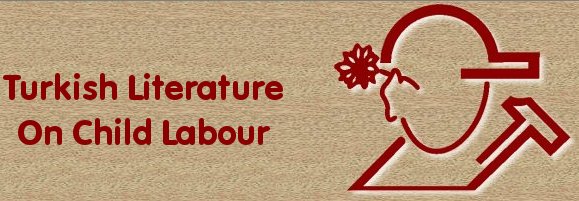Advice Group Third Meeting
Title of the Study: Advice Group Third Meeting
Tyoe of the Study: Meeting Report (Working Childern Department Capacity Building Project / Within ILO-IPEC Context)
Author of the Study: Ministry of Labour and Social Security Department of Working Children
Presentation,
Year/Place of Publication: April 1998, Ankara
Language of the Study: Turkish
Number of Pages: 55
Purpose: To cite the works of third meeting of the advice group.
Content: People attend to this meeting from organisations, associations, foundations, labour unions, NGO’s, universities and government agencies. ILO-IPEC National Coordinator Şule Çağlar’s presentation outlined the ILO-IPEC strategies and sustainability of the programs. The head of Working Children Department Filiz Anık, discussed the reasons of child labour, micro-macro policies, implementation methodologies and related associations and institutions. And then the three partite workshops are presented.
Method: Oral and written presentations are quoted.
Excerpt: Child labour is a global concept. It is as old as the human history. B.C. 2100 in the Hammurabi Laws, the craftsmen should had to teach their occupations to the apprentices properly. It is also understood from the researches that Greeks, Romans, Egyptians were passing their arts and vocations from generation to generation under the laws legislated for this specific purpose. (p.33)
Some Keywords: child workers, public institutions, trade unions, NGOs
